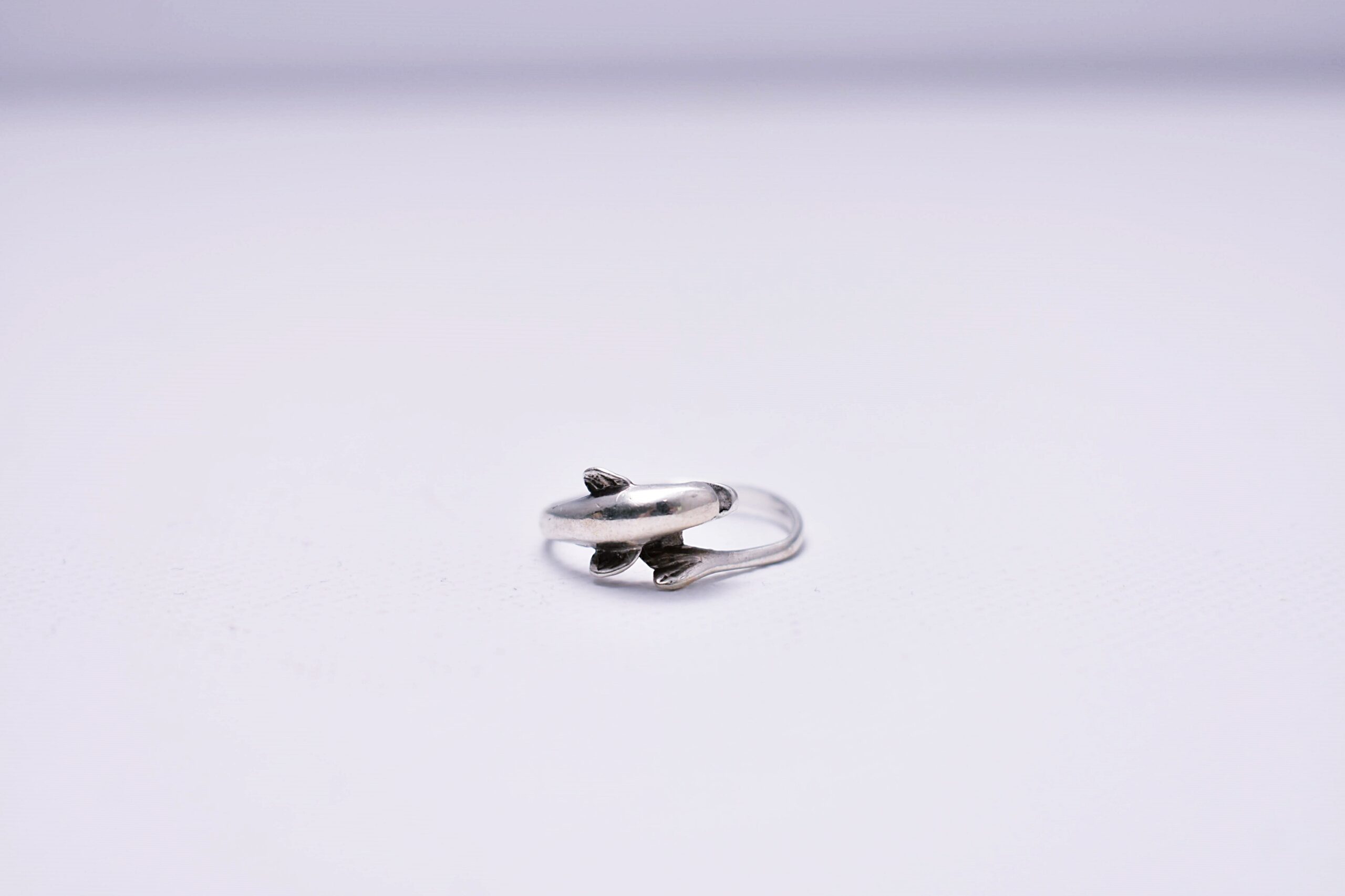Making new habits is tough, and often not because the habit is so hard you cannot bring yourself to do it, but rather because you just forget about it. Many things in our life happen on autopilot, which can include habits that you want to break or replace. To solve this problem, I present you with the Master Habit: the one habit you need to get in order to make other habits come quicker and easier.

If you are familiar with the Agile methodology, it is the ritual of daily standup, or checkin, where you answer a series of questions. In Agile, this happens at the daily meeting with your team (it is called a standup because everyone is standing up in order to keep the meeting quick), but I recommend doing it for yourself every night, preferably in written, following your own custom list of questions, such as:
- How was I feeling today?
- What did I accomplish today?
- What do I feel grateful for?
And then you just write down your answers to these questions. Pro tip: schedule a 9 PM message to yourself in a messenger or email client of your choice, and then just respond to the message when it comes. We are usually quite good at responding to texts and emails because our bodies have already learned to produce dopamine in these situations, so this could be a good segway into teaching yourself to reflect on your day every day.
And here is where the other habits come in: add questions about other habits to your daily checkin, such as:
- Did I exercise today? How did it go/Why not?
- How much water did I drink? What helped me/what prevented me from drinking more?
- What new ideas did I come up with? When did that happen?
These questions can change; I usually keep the mood and gratitude questions but replace the other questions almost every sprint.
Why does this work? Our brain HATES not remembering something when it is being asked to (basically because the drop in dopamine levels caused by this ‘mistake’ feels uncomfortable for the brain), so you might fail to remember the habit once, but the next day after your brain had nothing to say at the standup and felt bad about it, it will remember – and it’ll actually feel good to realize you have done something valuable, which will serve as the reward for the habit. And you can even boost this accountability effect by doing your standups publicly: have a friend ask you these questions every day or post your answers on social media. In this case, if you admit you fail at a habit, your dopamine will drop even lower, making sure you do this next time. And who knows – maybe someone will send you some words of encouragement and/or want to join you in your new habits, which also helps!
Another advantage of the Master Habit is awareness. You don’t just get to tick the checkbox for your new habit, you get to reflect on what went well and what could be improved. Maybe you realize that you did not do the habit because you were unprepared, or because you scheduled it at a bad time, or because you don’t actually want or need this habit – and then you can fix this by preparing, or rescheduling, or deciding that you have better use for your time, which is always fine.
The Master Habit is like a key to unlock other habits: by getting it, you make the brain remember to do them, give it an incentive, and become more aware of the circumstances around the habit which may be making harder than it has to be. Besides, it’s quite good on its own because it allows you to practice self intimacy which is extremely important for good mental health. Try the Master Habit and let me know your thoughts!
